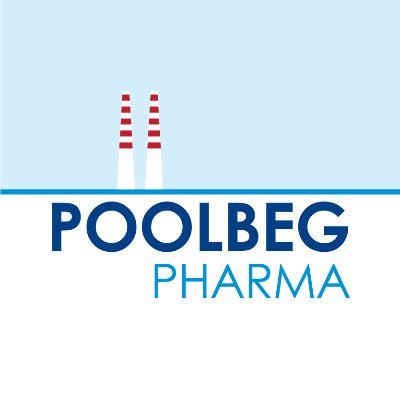Poolbeg Pharma plc (LON:POLB, OTCQB: POLBF), a clinical stage infectious disease pharmaceutical company with a unique capital light clinical model, announced on Thursday an update on the strengthening of its intellectual property (IP) for its asset POLB 002, a first-in-class, intranasally administered RNA-based immunotherapy for respiratory virus infections.
Cathal Friel chairman of Poolbeg Pharma told DirectorsTalk, “The European Patent Office has granted an important patent in the POLB 002 patent family, which protects the use of a defective interfering (DI) influenza virus against infection by influenza. POLB 002 works by triggering nasal cells into an antiviral state using DI influenza that resembles the infectious influenza virus but doesn’t have the ability to replicate and therefore can provoke an appropriate immune response but does not cause an infection. POLB 002 is a dual antiviral prophylactic and therapeutic candidate, and data suggests it could provide pan-viral protection from respiratory virus infections including influenza, respiratory syncytial virus (RSV), SARS-CoV-2 and others.
The development of POLB 002 and these patent updates come at a critical time with a global focus on respiratory virus infections and when such viruses are considered a top five global killer, resulting in more than three million annual deaths worldwide. Across 2020 and early 2021 there was a signification reduction in circulating influenza around the world due to the public health measures implemented following the COVID-19 pandemic. As a result, the immunity to influenza in the global population was reduced significantly and has led to uncertainty in strain selection for the annual vaccine.
The pandemic potential of influenza continues to be monitored closely by the global health authorities, while the World Health Organization (WHO) and infectious hazard experts have guided that there is statistical certainty that a future influenza pandemic can be expected. The CDC has advised that early action and effective preparedness are absolutely essential to mitigating risk, hence highlighting the importance of developing vaccines, prophylactics and antiviral treatments against viruses; with pan-viral products offering an important potential solution. Likewise, as a nasally administered and rapidly effective prophylactic antiviral candidate, POLB 002 could potentially provide an effective solution for protecting at risk patient populations (e.g. the elderly, COPD patients, and asthmatics) and also offers excellent benefits for administration”


